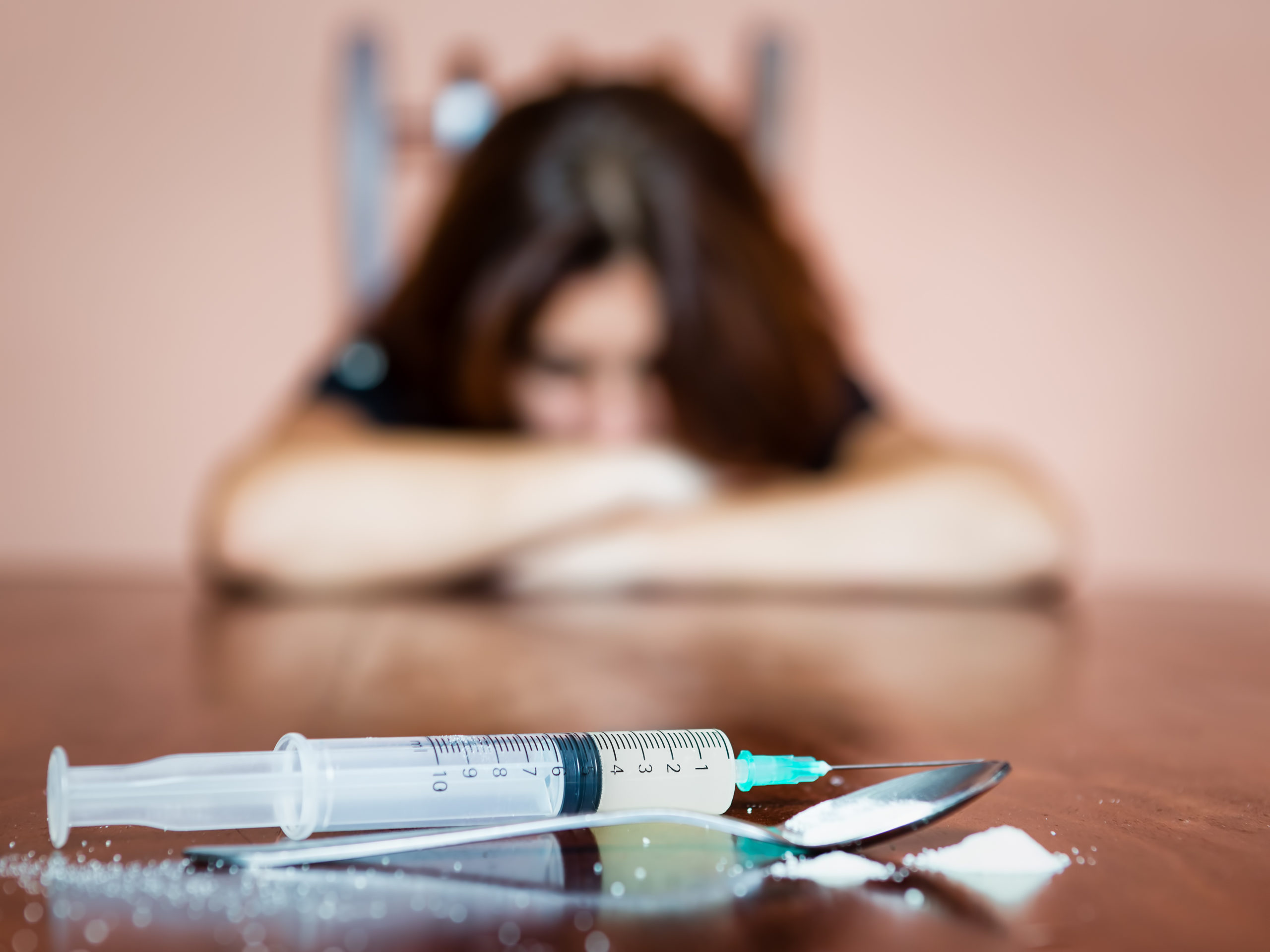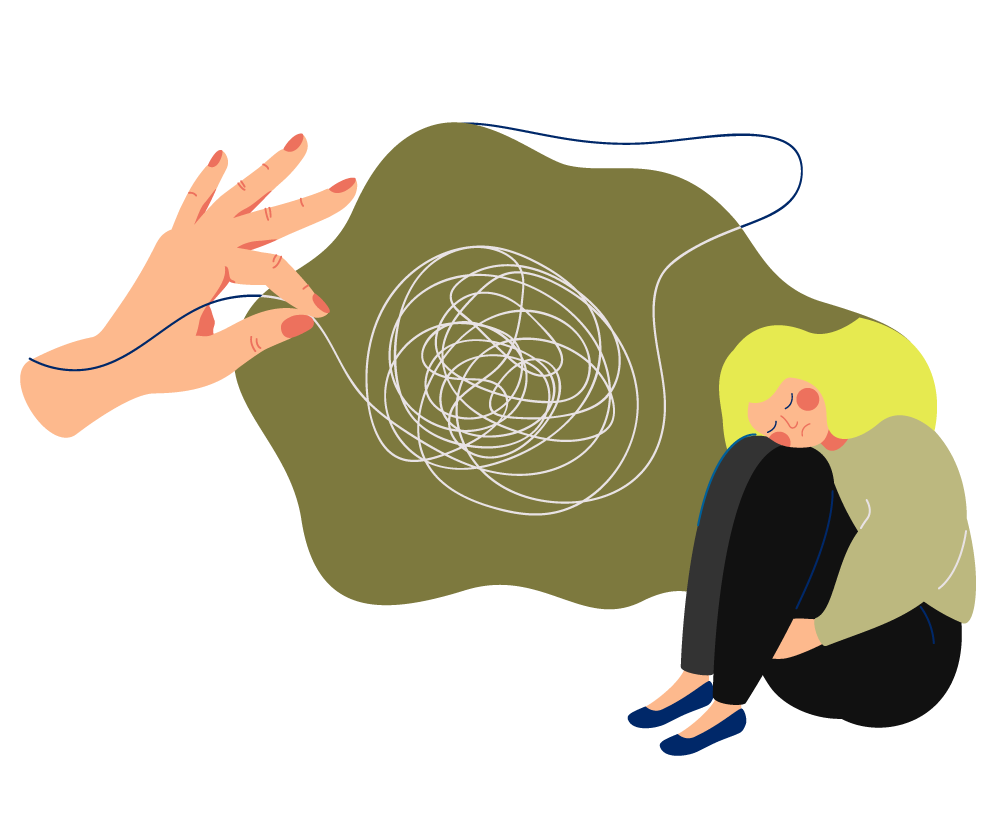In a 2022 study by California Health Care Foundation, 50% of California residents who are at least 12 years old reported drinking alcohol, 20% have tried marijuana — and only 10% received treatment from for substance use. The population of Sacramento suffers the brunt of substance abuse. This makes drug and alcohol treatment centers in Sacramento instrumental in combatting substance abuse.
If you or a loved one lives in California, you’re at risk of undergoing or being influenced into substance use. Preparation is the key to avoiding dependence. It involves keeping a treatment center on hot dial when you do undergo substance abuse.
The challenge is finding the best one, but don’t worry. Here’s what you need to know about finding the best drug and alcohol treatment centers in Sacramento:
What is the purpose of professional drug and alcohol treatment?
Drug and alcohol dependence can tremendously affect all facets of life. People undergoing substance abuse are unable to function properly and reach their maximum potential.
Worse, substance abuse can result in mental health issues. Together, these can make life so much more difficult.
That’s what recovery centers are for: they provide drug alcohol and treatment programs to help substance abuse victims get back on their feet through tried-and-true programs.
While it’s not impossible to recover on your own, it’s much easier and hassle-free with professional treatment. Plus, even when you’ve stayed drug or alcohol-free for months, you’re still under risk of relapse. Treatment centers make sure that you receive the support you need to achieve genuine lifetime sobriety.
Here are a few other reasons why you should get professional drug and alcohol treatment:
- Shorter, more secure recovery – Treatment centers keep a very watchful eye on your recovery progression. Not only does this mean better security as you recover, but it also means that your recovery can be much shorter. Self-rehabilitation tends to have a higher likelihood of failure due to relapse, resulting in a longer time to recover
- Proven expertise and facilities – Verified recovery centers have substance abuse therapy professionals, updated equipment, and conducive environment that are specialized for recovery in mind.
- Helpful support system – You can meet and befriend addiction experts and other people who are also struggling with the same problems. Treatment centers like California Recovery Center have a positive, friendly environment where patients can feel free to vent their thoughts and struggles without judgment.
What should you look for in drug and alcohol treatment centers in Sacramento?
Addiction treatment has evolved greatly to the point that it can tailor to the unique needs of each patient. Hence, the ideal recovery center should offer a caliber of medical care that can accommodate your specific situation.
Here are three key features you have to look for in a treatment center:
Flexibility of treatment options
Nowadays, high quality comprehensive medical care is a bare minimum in treatment centers. One crucial feature that you should look for in a recovery center is flexibility.
There are two main types of treatment programs:
- Outpatient – Going to the facility on a scheduled basis. Ideal for those who want to be treated while maintaining a balanced life.
- Inpatient – Staying in the facility for at least a day to receive constant medical support. Ideal for detoxification and receiving continued support after being alcohol or drug-free for a certain period of time.
Your treatment center of choice should offer both treatment options through a variety of programs that suit your needs.
For instance, treatment centers offer various modalities (or methods of treatment) such as:
- Individual psychotherapy
- Group therapy
- Family therapy
In addition to those methods, California Recovery Center provides specialized modalities like:
- Behavioral therapy
- Recreational therapy
- Trauma therapy
California Recovery Center also offers telehealth outpatient programs for virtual therapy, which is suitable for professionals, caregivers, and other patients with mild symptoms who want to receive treatment without the hassle of traveling.
Holistic custom-tailored approach
No matter which program you choose, your chosen treatment center must utilize an approach in treating you that is complete and tailored to your needs.
During your first days of treatment, you must receive individualized assessments to determine what you need to recover. These tests take into consideration your current condition, what needs to be done to treat it, and your unique needs (e.g. work and other commitments) to create a treatment plan that’s best for you.
Throughout the process, they should also provide you with psychoeducation, as it is a vital part of recovery. At California Recovery Center, for example, we teach our patients about their condition and what is needed to treat it. This gives them a better understanding of their dependence, which leads to higher chances of long-term success.
Finally, you should also receive comprehensive aftercare. Treating substance abuse doesn’t stop after you leave the treatment center — it’s a lifelong effort. Even when you’ve achieved complete sobriety, you can still fall back to dependence at any point in your life. The ideal recovery center understands this and continuously supports you for as long as you need assistance in recovering completely.
Accessibility
The ideal treatment center is easy to access. Travel time and distance are factors in how accessible a facility is, but there are other things to consider as well:
- Methods of communication – There must be multiple ways of contacting the facility, such as calling, texting, emailing, or sending a message through the contact form on their website.
- Responsiveness – The facility should be fast in responding to your queries
- Consistent customer support – Your point of contact must be able to get back to you consistently to accommodate your inquiries
Recover from substance dependence with professional treatment at California Recovery Center
Substance abuse is challenging to overcome — finding the best drug and alcohol treatment centers in Sacramento shouldn’t be. If you’ve been having a hard time finding the right treatment center for you, our therapy professionals will lend an open ear to listen to your needs.
Here at California Recovery Center, our mission is to make sure that all our patients receive the care and support they need for their recovery to succeed. Our services include a variety of outpatient and inpatient treatment programs custom-tailored to each patient. We also offer telehealth outpatient for patients who want to recover from substance abuse without the hassle of travel.
Whether you’re currently undergoing substance abuse or interested in learning more on how we can help you, feel free to reach out to us any time. We’re eager to offer you all of our support.











